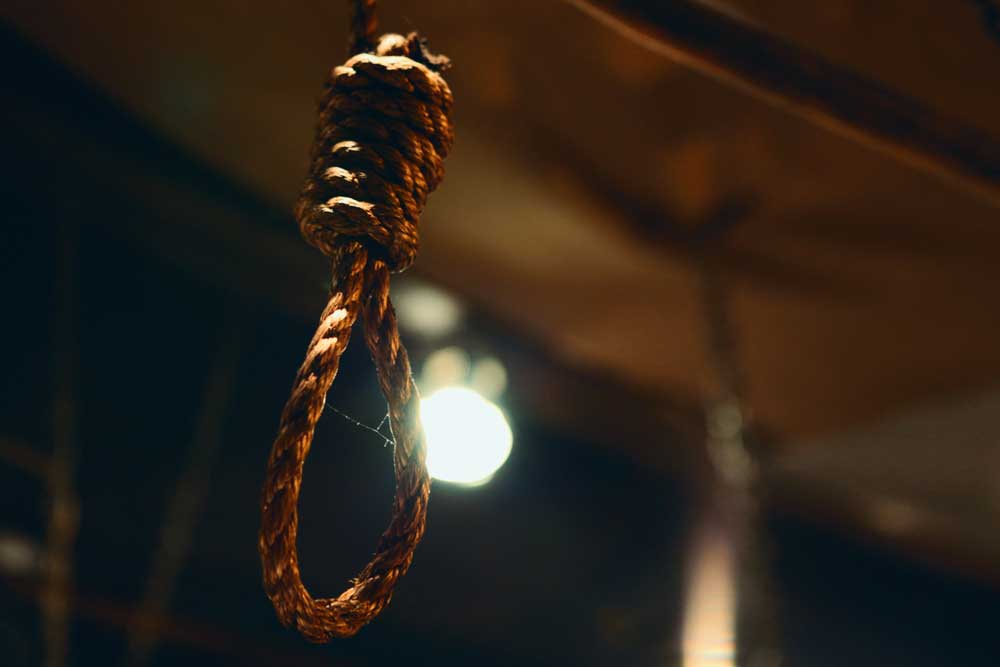A young suspect in the Kathua rape and murder was not a juvenile when the child victim was brutalised in Jammu four years ago and can be tried afresh as an adult, the Supreme Court ruled on Wednesday in a case that had exposed communal faultlines in the political establishment and galvanised civil society into protests in several parts of the country.
Shubham Sangra, the accused whose identity was protected under the Juvenile Justice Act, can be named now with the apex court setting aside the concurrent findings of a trial court and the High Court of Jammu and Kashmir and Ladakh that he was a juvenile in 2018. The Jammu and Kashmir crime branch, which was investigating the case, had said Sangra was the “most brutal” of all the accused.
In January 2018, the eight-year-old girl from a Muslim nomadic community was confined to a temple at Kathua in Jammu, raped by the temple priest and others for three days and then bludgeoned to death. It had been alleged that the motive of the brutality was to drive the nomadic community out of the area.
Sangra is the nephew of the main accused, Sanji Ram (the priest), who was in 2019 sentenced to life imprisonment along with two others — Deepak Khajuria and Pravesh Kumar. Three others — Tilak Raj Anand, Anand Dutta and Surender Verma — were sentenced to five years’ imprisonment for destroying evidence. Sangra had escaped trial as an adult claiming that he was a juvenile.
On Wednesday, a Supreme Court bench of Justices Ajay Rastogi and J.B. Pardiwala said in a judgment: “It is thus held that the respondent accused was not a juvenile at the time of the commission of the offence and should be tried the way other co-accused were tried.” In the absence of indisputable age-proof documents, the Supreme Court relied on medical reports to determine that Sangra was not a juvenile in 2018.
In 2018, the police investigation had evoked an astonishing response from a section of citizens and some leaders of the BJP that was sharing power with Mehbooba Mufti in what was then the Jammu and Kashmir state. The state witnessed the unparalleled spectacle of thousands, grouped under the banner of the Hindu Ekta Manch, taking to the streets in Jammu in support of the rape accused. Some ministers in the BJP-PDP government and lawyers in Jammu also rallied behind the accused, triggering outrage in several parts of the country.
Lawyers at Kathua even tried to prevent the crime branch from filing the chargesheet before the court.
On May 7, 2018, the apex court had transferred the trial to Pathankot in Punjab. The bench of then Chief Justice Dipak Misra and Justices D.Y. Chandrachud (the current Chief Justice of India) and Indu Malhotra (since retired) had directed that the trial be held on a “day-to-day” basis.
In March 2018, a medical board formed on the directive of Jammu and Kashmir High Court had conducted an age determination test that found Sangra to be above 19.
Sangra’s family had claimed he was 15. The trial court in Kathua overruled the board’s findings and said he should be tried as a juvenile. The high court upheld its decision.
The Jammu and Kashmir administration had filed an appeal in the Supreme Court challenging the claim of juvenility and insisted that Sangra was an adult and ought to be tried in regular courts.
The administration had pleaded that there was enough medical evidence to establish that he was an adult, yet the two lower courts had recorded an erroneous finding that he was a juvenile and should be tried only by the Juvenile Justice Board.
Allowing the appeal, Justice Pardiwala, who authored the judgment, said: “Medical opinion regarding age in absence of any other conclusive evidence should be considered to determine the age range of the accused. Whether medical evidence can be relied upon or not depends on the value of evidence.”
“We set aside the judgments of the CJM Kathua and the high court... and hold that the accused was not a juvenile at the time of the commission of offence,” the bench said.
On Wednesday, the family of the murdered child welcomed the Supreme Court verdict.
“We have been saying all along that he was an adult and not a juvenile, but nobody listened. Instead, there were efforts from many sides to declare him a juvenile so that he gets away with a lighter punishment,” the girl’s father told The Telegraph.
“The three accused, including Sanji Ram, are in jail, but he (Sangra) is in juvenile jail. Three policemen declared guilty by courts of destroying evidence, however, were subsequently released,” the father added.












